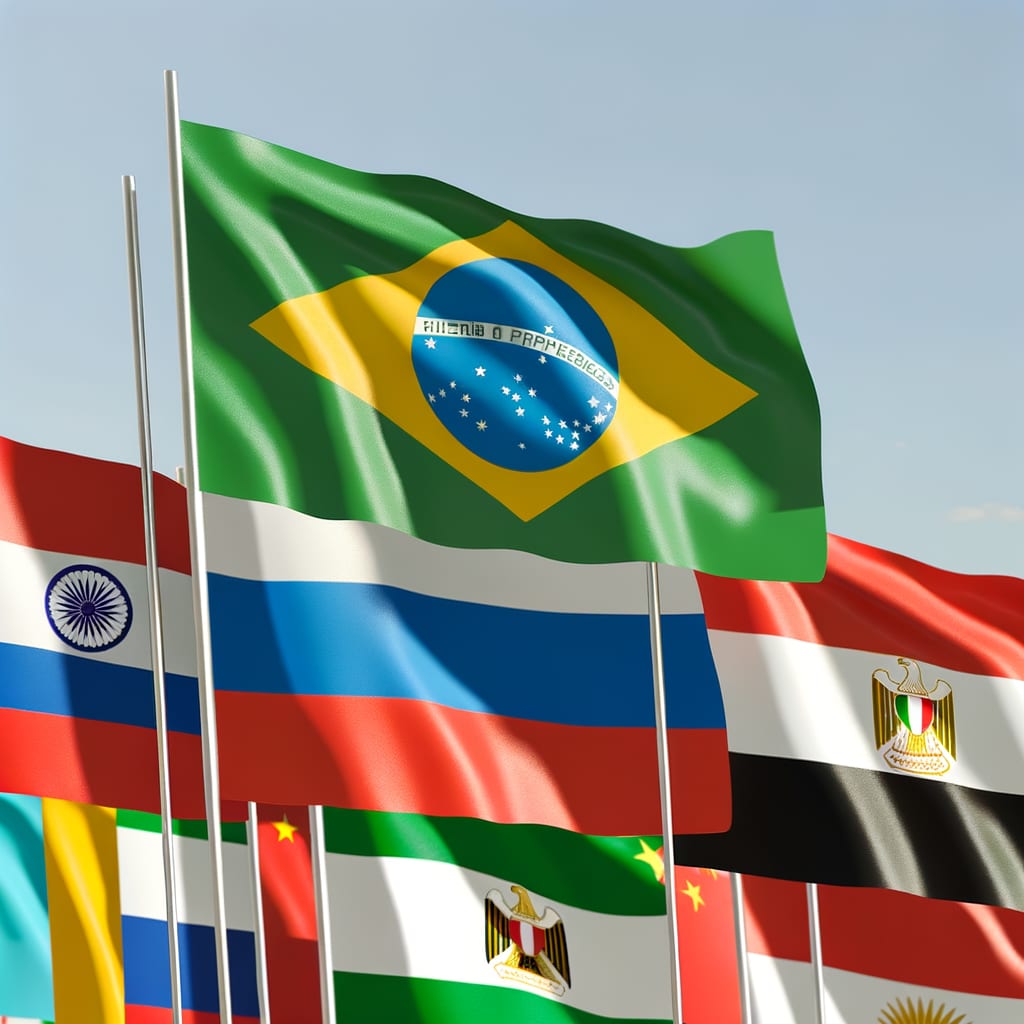BRICS Expands to BRICS+: Historic Summit in Rio de Janeiro
The 17th annual BRICS Summit, held in Rio de Janeiro, Brazil from July 6 to 7, has drawn international attention as it celebrates a significant milestone in the group's history. For the first time, the summit hosts an expanded grouping of 11 members and 10 partner countries, marking the transformation from BRICS to BRICS+. The event has attracted approximately 4,000 people from 37 member-nations, partner states, and international organizations, under the motto Strengthening Global South Cooperation for More Inclusive and Sustainable Governance
.
Background and Context
BRICS was originally composed of four members - Brazil, Russia, India, and China - in 2006, with South Africa joining in 2011. From 2024 to 2025, the grouping admitted six new members - Ethiopia, Egypt, Iran, Indonesia, Saudi Arabia, and the United Arab Emirates, evolving into what is now known as BRICS+. This expansion signifies a new phase of broader participation, stronger representation, and rising global influence.
Key Developments
The summit focused on a range of issues including global health cooperation, trade, investment, finance, climate change, AI governance, reform of the multilateral peace and security system, and institutional development within BRICS. The New Development Bank (NDB), also known as the BRICS bank, also announced the approval of USD 6.3 billion in funding for 29 projects in Brazil.
BRICS leaders called for stronger cohesion, expanded trade, and increased use of local currency to improve the Global South's clout as an alternative to Western power. Despite the insistence of former president Dilma Rousseff and the Russian government, the BRICS avoided commitments to alternative payment systems in the bloc's summit declaration.
Reactions and Implications
The summit has not been without controversy. US President Donald Trump threatened additional tariffs on countries aligning with the BRICS group's anti-American policy
. Meanwhile, Chinese President Xi Jinping's absence at the summit has sparked widespread speculation about China's global standing and internal political dynamics.
Moreover, the summit's statement condemning recent attacks on Russian railways without urging Russia to cease its war efforts in Ukraine has drawn criticism. The BRICS leaders, however, called for a negotiated peace agreement between Russia and Ukraine.
Conclusion
Despite geopolitical tensions and divergent interests, the 17th BRICS Summit marks a significant step in the evolution of the group as it expands to include more nations from the Global South. The event signifies the group's commitment to strengthening South-South cooperation and building a more inclusive and sustainable global governance.

